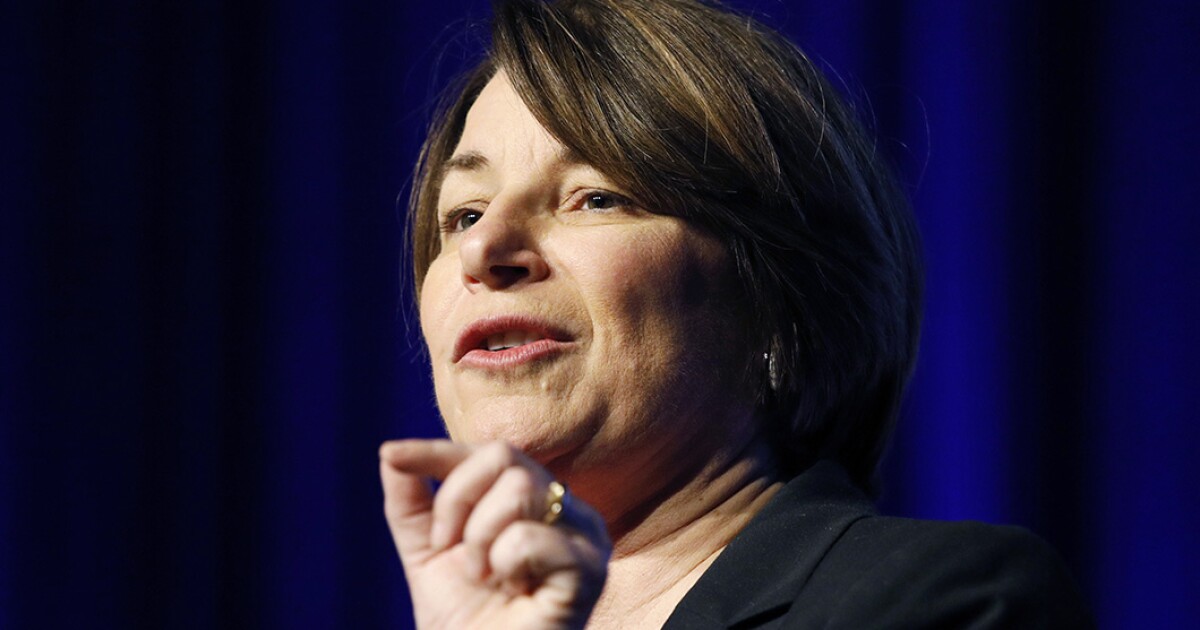

Four of the largest Big Tech companies have invested millions into lobbying since 2021, including increased opposition to Sen. Amy Klobuchar’s (D-MN) legislation regulating the companies through antitrust policy.
Apple, Google, Amazon, and Meta significantly invested in opposing Klobuchar’s American Innovation and Choice Online Act, meant to prevent large tech companies from giving undue preference to their own products on their platforms. The four companies invested almost $95 million since 2021 into lobbying, according to Bloomberg. The bill faces the prospect of failure, as it has not yet been scheduled for a vote with little time left on the legislative calendar.
“What has slowed us down is the incredible onslaught of money, and that’s what happens with monopolies,” Klobuchar said during an appearance Tuesday at the Code Conference. “The senators are talking about it, about the ads running in each state.”
FAUCI AND JEAN-PIERRE ORDERED TO TURN OVER EMAILS SENT TO SOCIAL MEDIA COMPANIES
The bill is supposed to get a floor vote in September after getting approved by the House and Senate Judiciary Committees, but Senate Majority Leader Chuck Schumer’s (D-NY) office has not confirmed a date.
While Klobuchar and Schumer have regularly stated that they intend to hold a vote, Schumer implied at a July private event that he was not so confident. At a donor event on July 26, he said that the act was a “high priority” but that he did not have enough votes to pass it. Schumer said that people urged him to put the bill on the floor to force undecided senators to vote in favor but that he was unsure if that approach would work for him.
The bill, co-sponsored by Klobuchar and Sen. Chuck Grassley (R-IA), targets Big Tech companies and would allow federal antitrust agencies to issue civil penalties to “covered platforms,” such as Amazon and Google, for unfairly preferencing to their products on their platforms. This has led some lobbyists, including those representing Amazon, to claim that passing this bill would hurt popular services, such as Amazon Prime’s free shipping. Klobuchar and Grassley have said that Prime would be spared from the legislation’s restrictions.
Some Democrats have also criticized the bill for weakening the ability of major platforms to moderate content. Four Democratic senators asked Klobuchar to revise the legislation so as to preserve the ability of platforms to engage in content moderation.
CLICK HERE TO READ MORE FROM THE WASHINGTON EXAMINER
Conservatives have had mixed responses to Klobuchar and Grassley’s proposed legislation. A coalition of conservative organizations led by the Internet Accountability Project argued that the bill would rein in Big Tech’s power over the economy. A separate group, led by Americans for Tax Reform, argued that the Klobuchar-Grassley bill unnecessarily expands the government and fails to answer conservative concerns about Big Tech’s content moderation policies.







